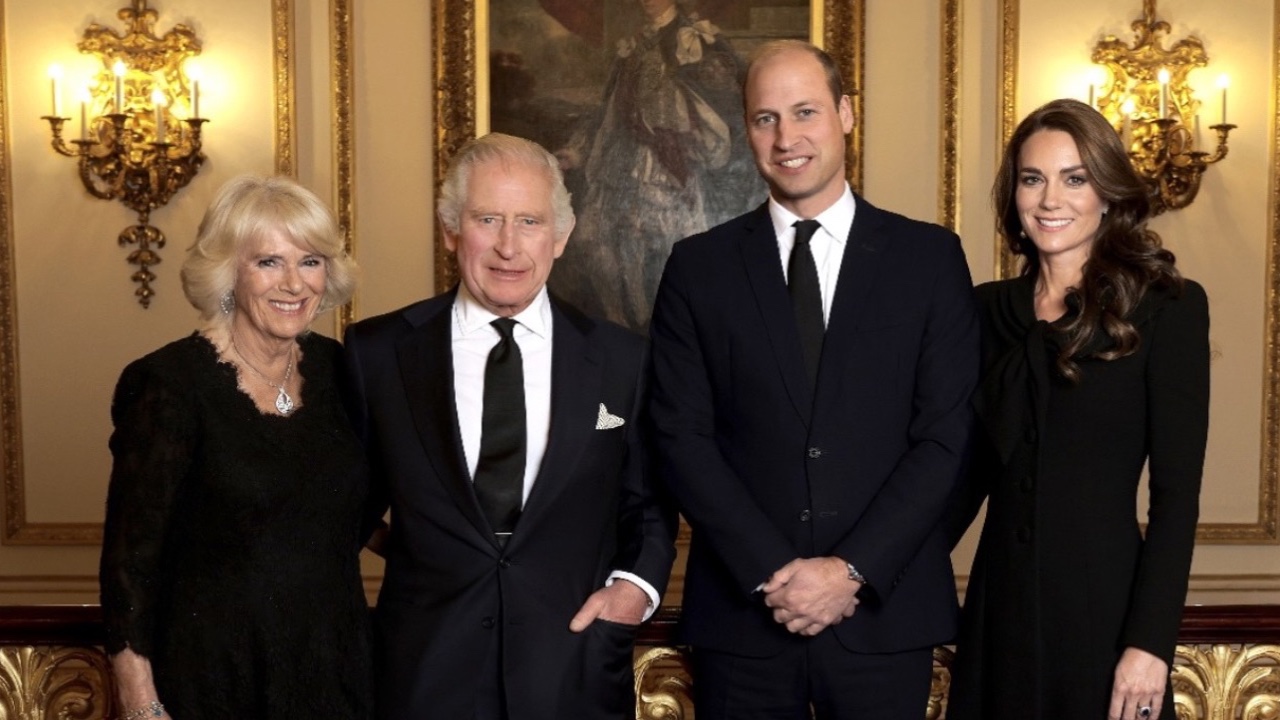The Royal Family's Role in the 2024 UK Prime Ministerial Election
The United Kingdom stands poised for a momentous occasion on July 4, 2024, as its citizens prepare to exercise their democratic right to elect a new Prime Minister. While the nation eagerly anticipates this pivotal event, the role of the Royal Family in the electoral process has sparked both curiosity and discussion.
The Monarch's Constitutional Duty
In accordance with established constitutional norms, the reigning monarch, currently King Charles III, plays a significant role in the appointment of the Prime Minister. Following the election, the leader of the party that secures the majority of seats in the House of Commons is invited to Buckingham Palace by the King. During this meeting, the monarch formally requests the individual to form a government and assume the premiership.
It is crucial to note that the monarch's involvement in the process is purely symbolic and ceremonial. The King does not possess the authority to influence or interfere in the outcome of the election. His role is limited to recognizing and formalizing the choice made by the electorate.
Political Neutrality: A Royal Tradition
One of the defining characteristics of the British monarchy is its strict adherence to political neutrality. The Royal Family members, including the sovereign, refrain from publicly expressing their political views or endorsing specific candidates. This principle ensures that the monarchy remains above partisan politics and maintains the trust and respect of all citizens, regardless of their political affiliations.
The Rationale Behind Neutrality
The rationale behind the Royal Family's political neutrality is multifaceted. First and foremost, it safeguards the integrity and impartiality of the monarchy. By abstaining from political involvement, the Royal Family avoids the potential for controversy or criticism that could undermine its credibility as a unifying symbol of the nation.
Moreover, the monarchy's neutrality allows it to serve as a bridge between different political factions and perspectives within the United Kingdom. As a non-partisan institution, the Royal Family can foster dialogue and understanding among diverse groups, contributing to the country's political stability and cohesion.
Legal Implications for Royal Family Members
While the Royal Family has traditionally refrained from voting, it is not prohibited by law for them to do so. According to constitutional experts, the King and other active members of the Royal Family are legally eligible to cast a vote in general elections. However, they choose not to exercise this right for practical reasons.
Maintaining Constitutional Impartiality
Robert Blackburn, a constitutional law professor at King's College London, explains that the Royal Family's decision not to vote is driven by the need to maintain constitutional impartiality. By distancing themselves from partisan politics, they preserve the public's trust in their ability to rise above political divisions and represent the interests of the entire nation.
Speculation and Constitutional Concerns
Professor Blackburn further notes that if the Royal Family were to vote, it would likely trigger a flurry of media speculation and scrutiny. This could potentially undermine the constitutional principle of the monarchy's neutrality and create the impression that the Royal Family is favoring one political party over another.
Non-Voting Members of the Royal Family
While senior members of the Royal Family, such as King Charles III, Queen Camilla, and the Prince and Princess of Wales, abstain from voting, other members who do not hold official royal duties may exercise their right to vote. However, the extent to which they do so is not publicly known.
In conclusion, the Royal Family's role in the UK Prime Ministerial election is one of neutrality and constitutional formality. While the monarch formally appoints the Prime Minister, this act is purely symbolic and does not involve any political influence. The Royal Family's tradition of political neutrality ensures its continued relevance and ability to serve as a unifying force within British society.




